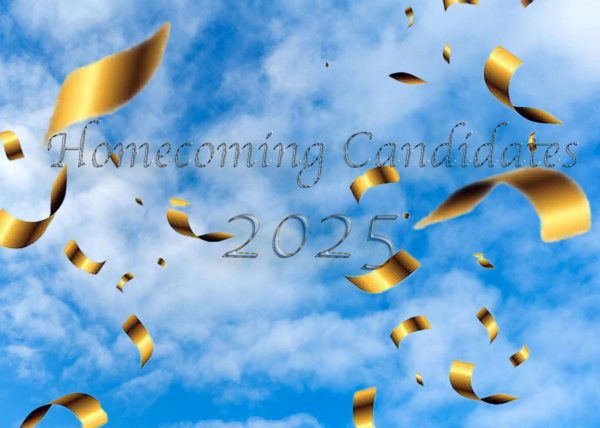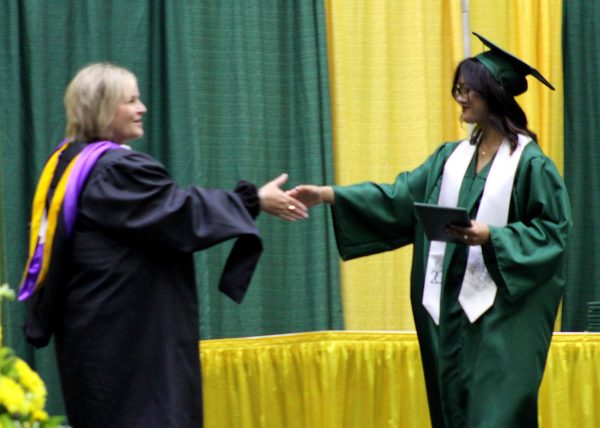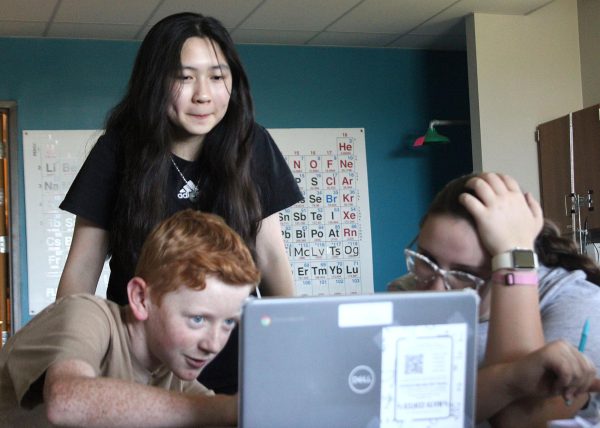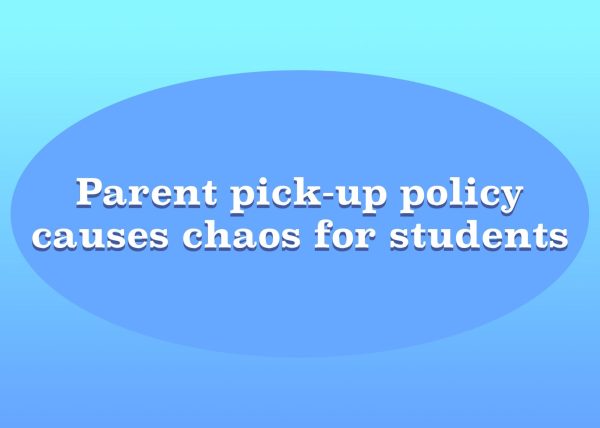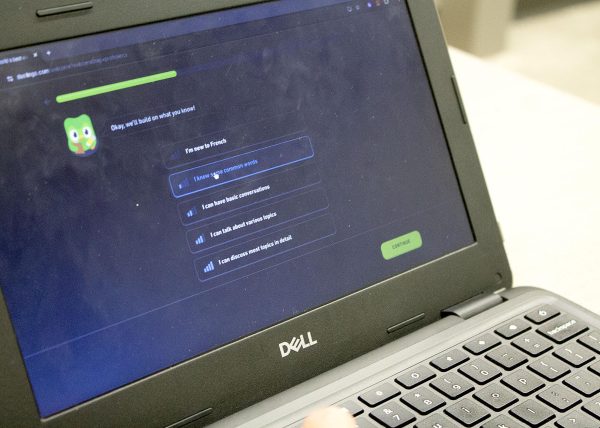Voting rights debate raises questions over democracy
What do current debates about voting right issues tell us about democracy within the United States?
The 2020 presidential elections highlighted issues concerning voting rights within the United States. Now, that issue prevails more than ever. In July of 2021 the Supreme Court issued a ruling that would allow Arizona to restrict organizations from collecting mail-in ballots and to prevent invalidation of ballots casted in wrong precincts. The Brennan Center for Justice at New York University School of Law explains that 17 states have passed 28 laws making it harder for citizens to vote, but these are only the beginning. Current restrictions are posing a question of democracy under the status quo and how the federal government is handling it.
In attempts to deal with the issue congressional democrats wanted to pass the Freedom to Vote: John R Lewis Act (FTV), but it died in the Senate according to journalist Jared Evans on Jan. 24. FTV, if passed, would have restored section 5 preclearance provisions and created protections against voting restrictions. Evans provides the example of equitable redistricting in states to fix the racially discriminatory district maps that hinder POC voices. Voting legislation would appear to be bipartisan, but FTV is anything but.
Reporter for the New York Times, Mariana Alfaro, declared on Jan. 19 that some Republicans wanted a bipartisan agreement before any progression was made. Political contributor for NBC News, Steve Benen, writes on Jan 13 that Republicans opposed the legislation because they believe there is no infringement on voting rights in the status quo and democratic fears are “hyped”. The article by Benen further reveals that GOP members oppose the legislation due to high voter turnout in the 2020 election, warranting that since there was a high turnout in 2020, there must have been no violation to voting rights.
The issue of democracy is right before our very eyes, how will the government play it out before the upcoming midterm elections in November that decide the House and Senate majority? Will this effect seniors ability to vote in that upcoming election? Democrats are still pushing for the legislation concerning voting rights, but are republicans correct in the assumption that there are no voting rights issues? Only time can tell, but one thing is clear. Students must be aware of what is happening in the political field to assist them with political issues if they are to arise.

Francisco Guardado is a second-year staff member of Tripodium at South High Salina. In school he is involved in National Honor Society, Debate, and Forensics.

